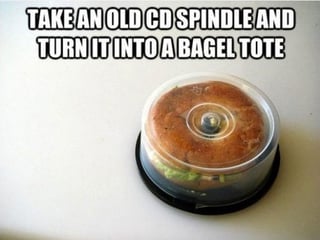Are there any lifehacks where I can maximized the space or capacity of my refrigerator so it can store foods? This question specifically points to the body part of the refrigerator and it focuses on foods only, not drinks and beverages or any other items that we can fit in the refrigerator. Most of my foods are used / leftover viands.
I have a small compact size refrigerator and I can't fit every food that I want to store in it. In my estimation I can store goods (composed mainly of foods etc. vegetables, meats, fish, fruits) that is good enough for 2 - 3 weeks, I am living alone and I eat normally (breakfast, snack, lunch, snack and dinner). So my goal is to make it at least good enough for a month or more.
So far here are the things that I've tried already:
- I didn't buy much food - Obviously by buying small quantities of food you can avoid wasting them, but this doesn't answer my problem of maximizing the storage capacity, it's more on avoiding waste of food.
- I search for foods that I can store outside the refrigerator - This helps me a lot like removing garlic, onion, most of the fruits like banana, orange, watermelon and other foods that seems to be okay even if they are not inside the fridge. And I they are the first that I consume.
Any tips, techniques, ways to maximized the space in a compact size refrigerator so I can store more goods, preferably more foods to make it at least long enough for a month assuming that I am alone, and eating moderately?
